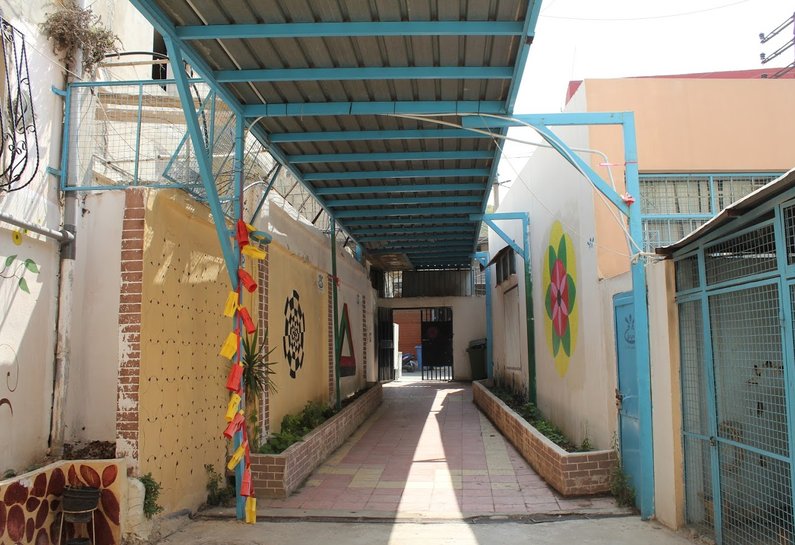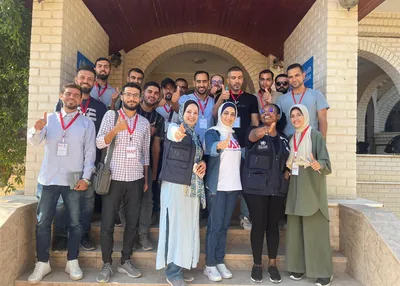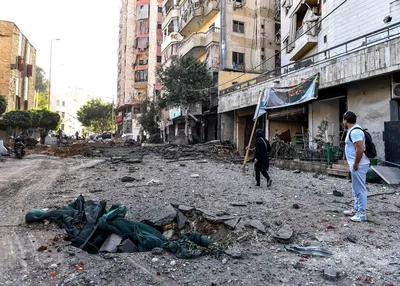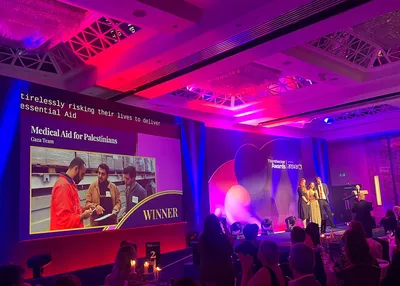Tackling taboos: MAP-supported reproductive health services for Palestinian refugee communities in Lebanon

Arwa* is a 40-year-old mother of six children in the Ein el Helweh Palestinian refugee camp in south Lebanon.
They live in a two-roomed home in an area of the camp which has in the last few years been badly affected by confrontations between rival armed factions. The living conditions of her home are poor – indoor humidity is high and the walls are decaying – and the camp is overcrowded.
Arwa worries for the health and safety of her family but financial hardships prevent them from moving to a safer place inside or outside the camp. Electricity and running water are available to them for only a few hours per day and they lack of access to quality services – including healthcare.
Arwa’s husband suffers from severe health problems and, like many Palestinian refugees in Lebanon, can’t find steady work. On days when he works, the family has access to healthy food, and when he doesn’t, the family struggles.
For a number of years, Arwa has been receiving services from the reproductive health programme run by MAP’s partner organisation, Naba’a. She has benefitted from numerous services provided by the project, including gynecological consultations, routine cancer screening, and health education activities.
According to Arwa, the fact that the reproductive health clinic is close to her home, offers free services, and is staffed by a female gynecologist encourages her to seek the clinic’s health services and the team’s support as needed: “The project has made a big difference in my life,” she told MAP. “It corrected many misconceptions I had related to health practices. The project made me capable of making sound decisions and improved my problem-solving skills. It has helped and my family a lot.”
When asked about the service that she finds most useful in the project, Arwa said that she considers the public Breast and Cervical Cancer Campaigns run by Naba’a each year to be very helpful as they ensure that women receive information to help them understand these diseases better and advice that could save their lives.
As a suggestion for the project’s future development and improvement, Arwa proposed organising recreational activities outside the camp for mothers living in the camp. According to her, due to the poor economic situation of families in the camp, mothers never get the opportunity to take a break and enjoy a day outside the camp’s stressful environment. Arwa hopes for a better future for younger generations where their basic needs are met.
If you would like to support MAP’s work for Palestinian refugees in Lebanon, please donate today.
*Name changed to protect the identity of persons involved.
Related content


